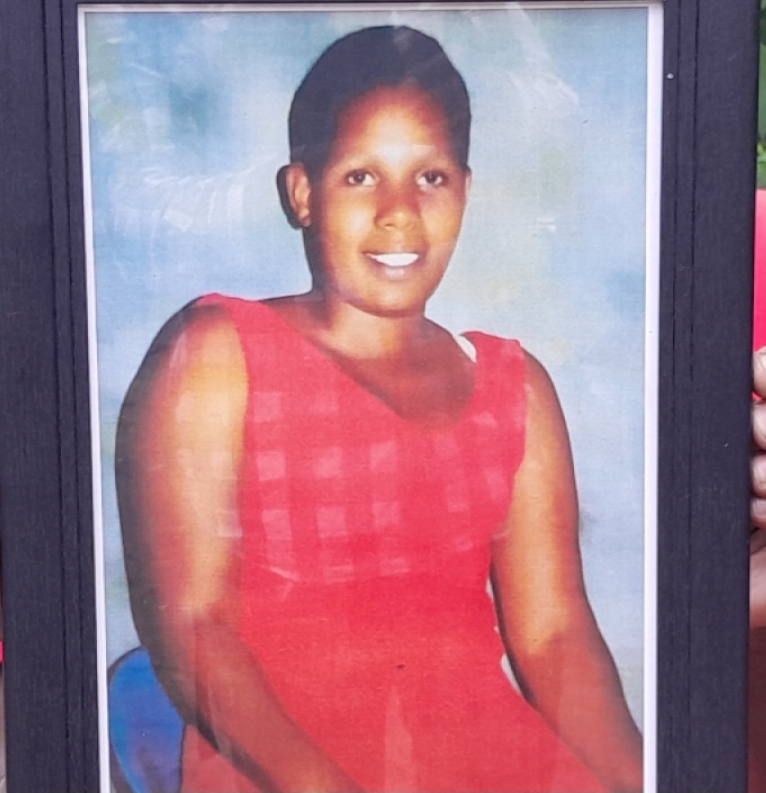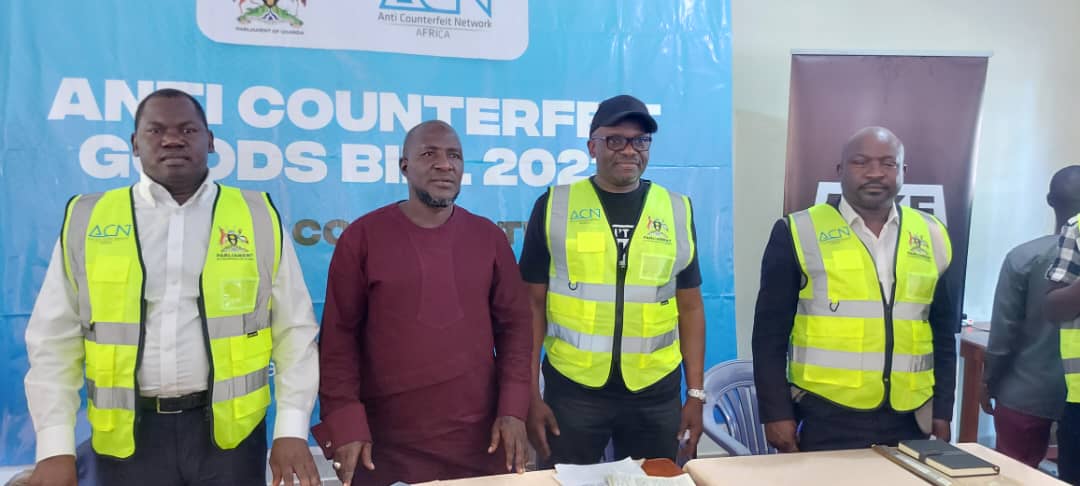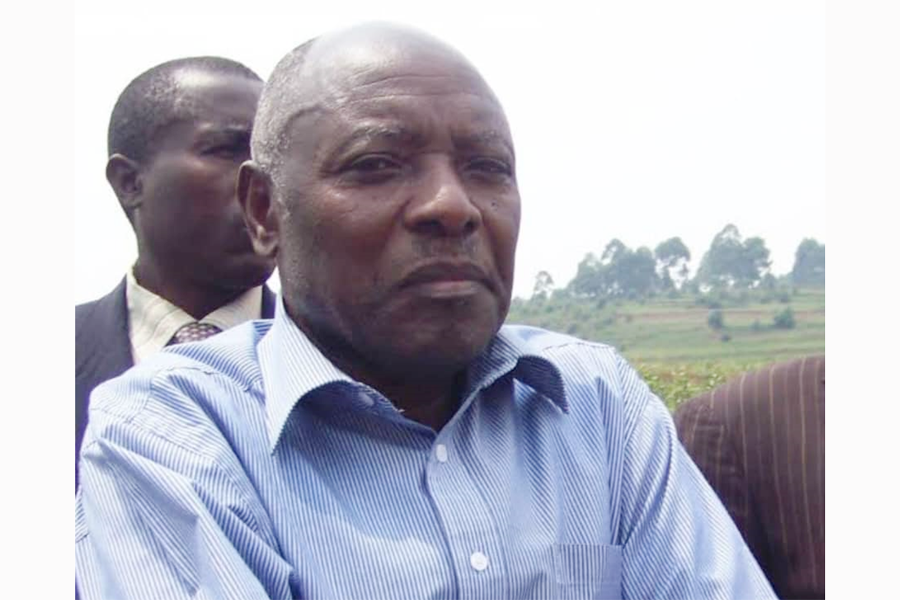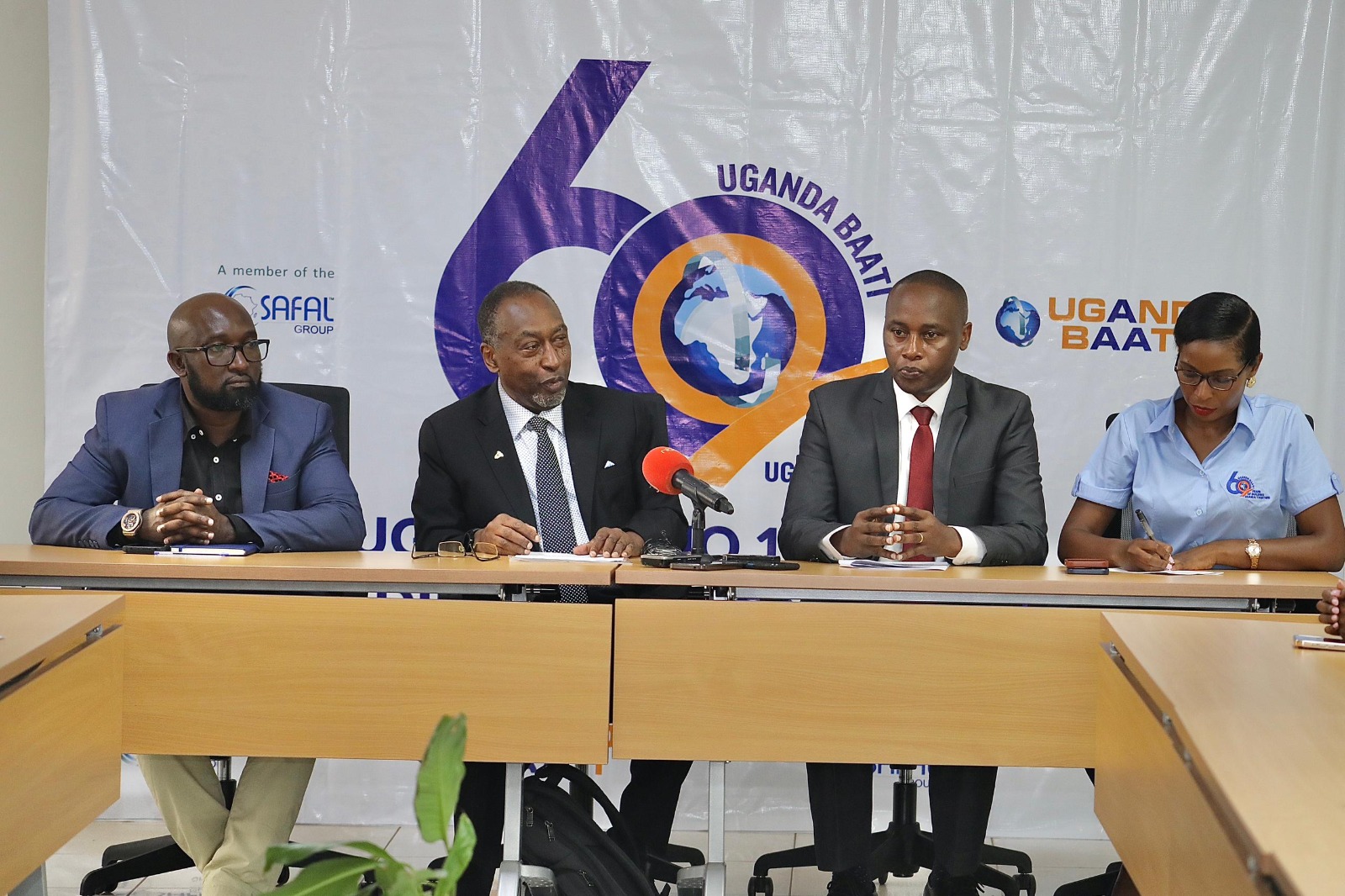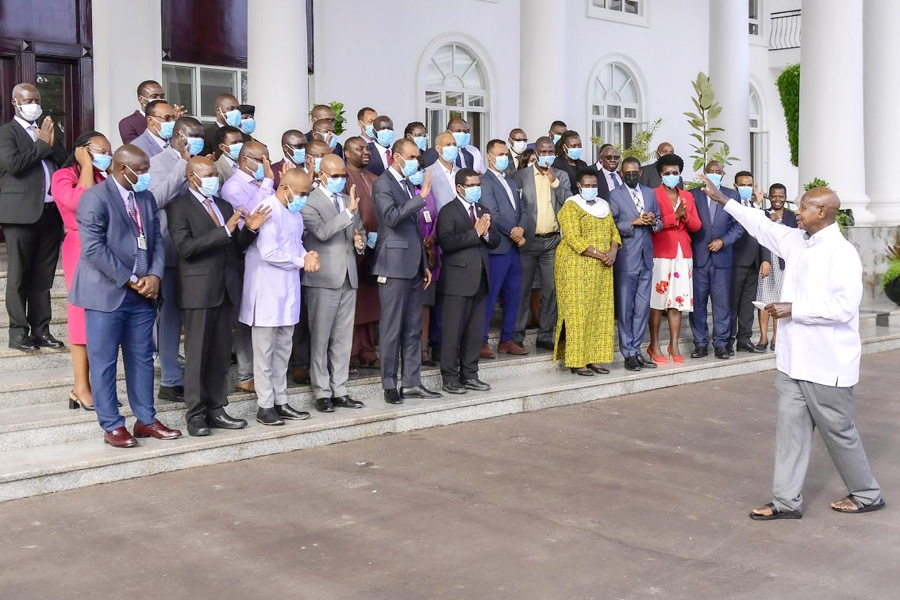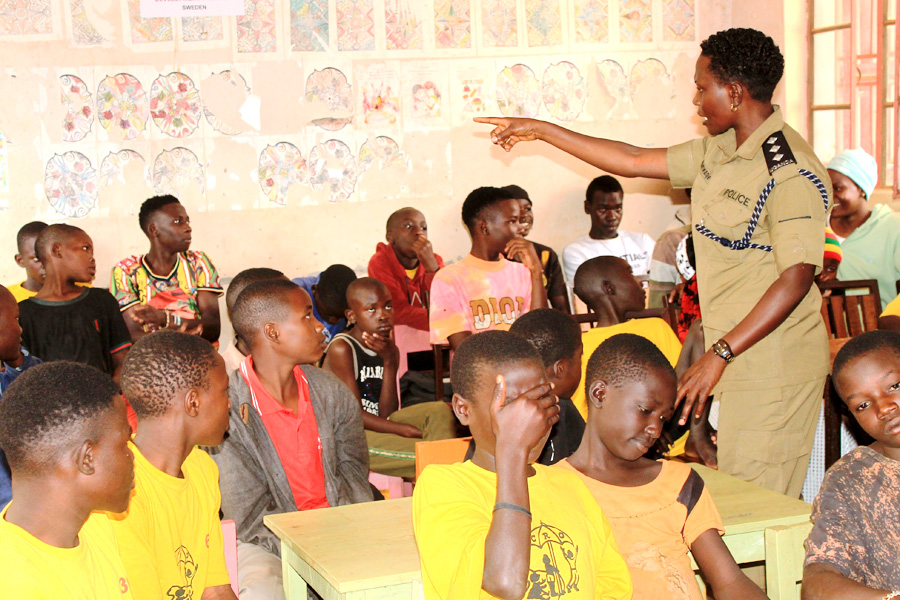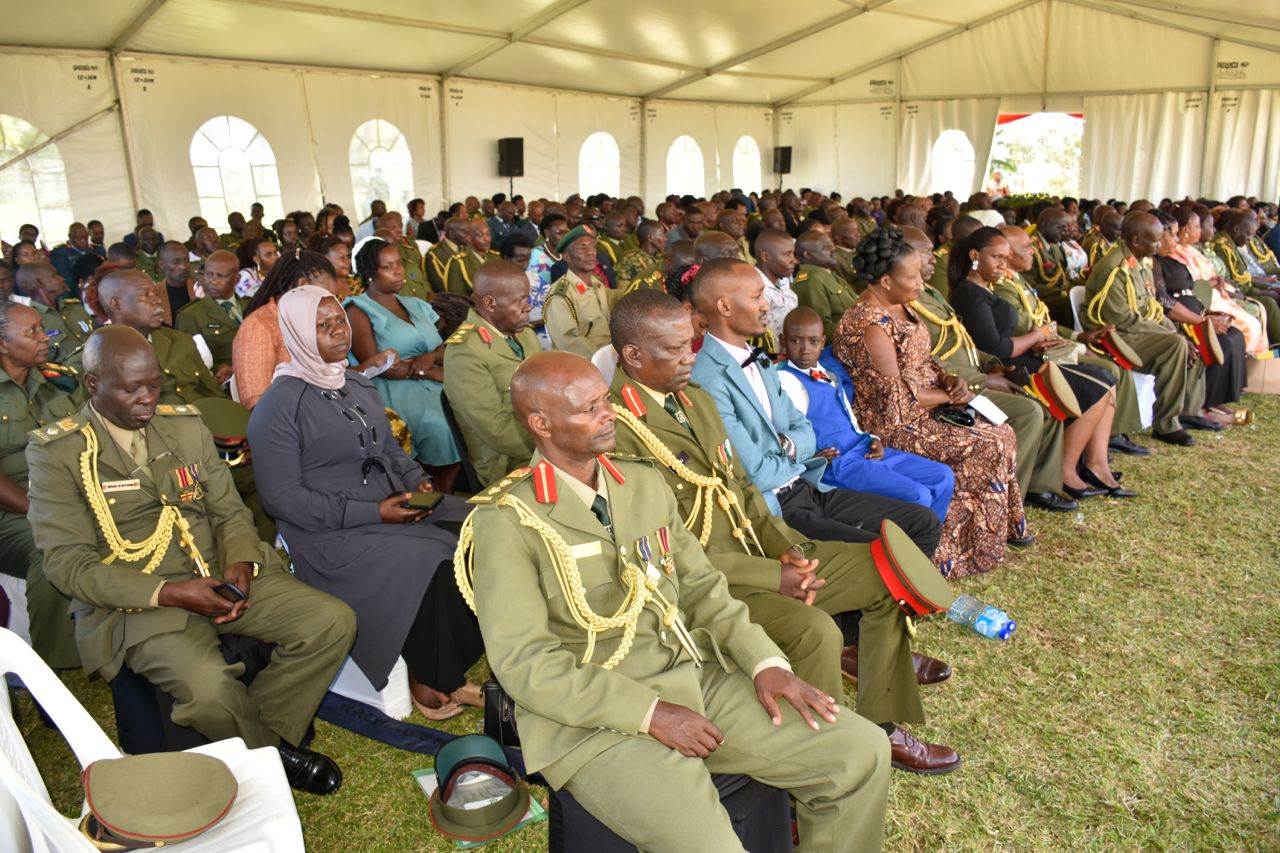Why October 9th Was Chosen Uganda’s Independence Day
On October 9th 2019, we shall be in Sironko Distract, Bugisu sub-region, Eastern Uganda, cerebrating 57th anniversary of our national independence with the theme, “Consolidation of national
unity, security, freedom, and prosperity.”
Keep Reading
Therefore, there are some basics that should be known to each and every Ugandan and African for that matter. For example, why was October 9th chosen to be our independence day in 1962?
The late Abubaker Kakyama Mayanja, founder Secretary General of Uganda National Congress (UNC) in 1952, founder member of Uganda People’s Congress in 1960, Kabaka Yekka in 1980, and a former Minister of Education in Kabaka’s Government before and after independence in Amin’s and NRM Government between 1971, 1972, 1986 and 2004 respectively said, October 9th was chosen to commemorate the date on which Kabaka Mukaabya Walugembe Muteesa l passed on in 1884.
Godfrey Binaisa, one of the prominent leaders of UNC and UPC, the first Attorney General of Uganda (1962-1967), President of Uganda (1979-1980) said, October 9th was chosen to commemorate the death of Kabaka Muteesa l.
Muteesa was one of the modern architects of modern Uganda, more especially when he invited Christian missionaries to come and teach Christianity and Western civilization.
Historians are divided on the role of Kabaka Muteesa l (1856-1884) with some calling him a collaborator with the colonialists because of his letter to Queen Victoria of England which was published in
Daily Telegraph in 1875 through Henry Murton Stanley inviting teachers to teach his subjects Western civilization.
He had been threatened by Egyptian expansionism which wanted to control the source of River Nile at Jinja through Equatoria Governors like Sir Samuel Baker, Charles Gordon and Emin Pasha who had camped at Fatiko near Gulu, and had clashed with Omukama Kamurasi in Bunyoro. He had ordered the execution of over 100 Muslim Martyrs for being incited by Turkish and Egyptian Muslim radicals and rebelled against him.
So, Muteesa expected guns and gun powder from missionaries but was disappointed when they came with only the Bible and the rosary. But even then, he tolerated them but confined them to preach to his pages in the palace, a restriction he had also imposed on Arab and Swahili traders that were spreading Islam.
Muteesa had grown into a statesman who could know when to use one religious faction against another and at his death bed; he issued a royal decree giving freedom to all the faiths without discrimination.
Matters were worsened by his successor Mwanga who initially was an ally of Roman Catholic Missionaries, then abandoned them in favor of traditionalists. They abandoned the old chiefs in favor of illiterates until the three factions of Muslims, Protestants, and Catholics dethroned him and replaced him with Kiweewa who Muslims dethroned and replaced with Nuuhu Kalema and war broke out where the Christians allied with the Traditionalists and reinstated Mwanga.
By then, Buganda had weakened and the British used the opportunity to grab it with the Imperial British East African Company represented by Capt. Fredrick Lugard in December 1890 and in 1894 it was declared in London officially as a British protectorate.
It was then easy to choose October 9th as Independence Day, as the Government of the day under Prime Minister Milton Obote who was a UPC and Kabaka Yekka’s alliance. No wonder on the first anniversary of independence, Sir Edward Muteesa l , a great-grandson of Muteesa l, was elected by parliament and Upon seizing power, Idi Amin said, January 25th 1971 was more important than October 9th. He, however, retained the two as national days.
October 9th came back to glory under Obote ll regime (1980-1985) especially in 1982 when celebrating 20 years of independence. Youths born on October 9th 1962 were mobilized to parade. However, the civil war had hit Luwero triangle, spearheaded by NRM/NRA under Yoweri Museveni.
When NRM/NRA took over power in 1986, a Silver Jubilee was celebrated in 1987 with a chief guest, Lt. Jerry Rawlings of Ghana. The climax was, however, in 2012 when Uganda celebrated Golden Jubilee. The whole of Uganda including the Northern region and Karamoja which had been troubled by LRA rebellion had stabilized. So, as Ugandans prepare for this year’s 57th Independence Anniversary, October 9th remains our national public holiday celebrated annually.
The Writer is a Communication Assistant at Government Citizen Interaction Centre (GCIC), Ministry of ICT and National Guidance.





